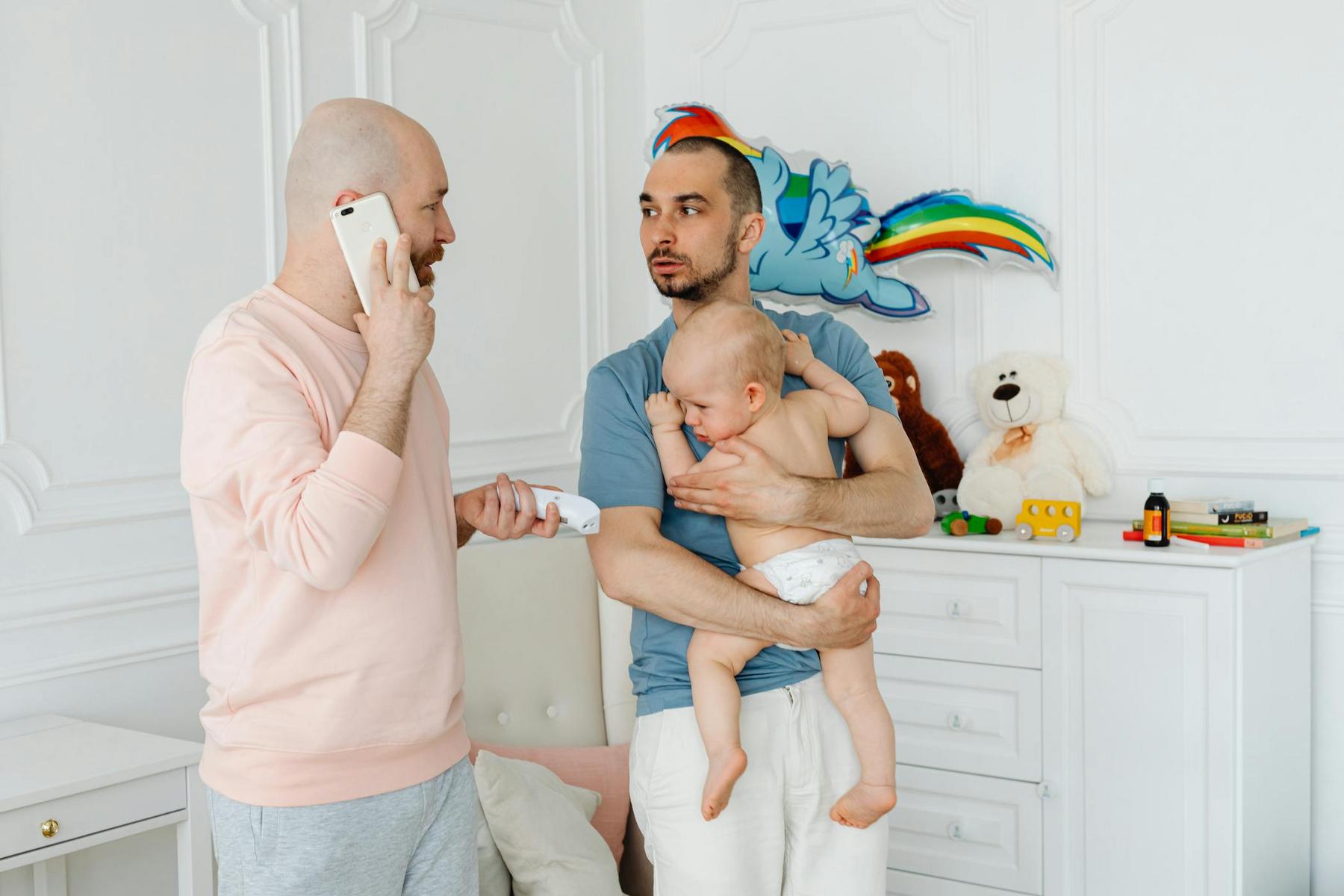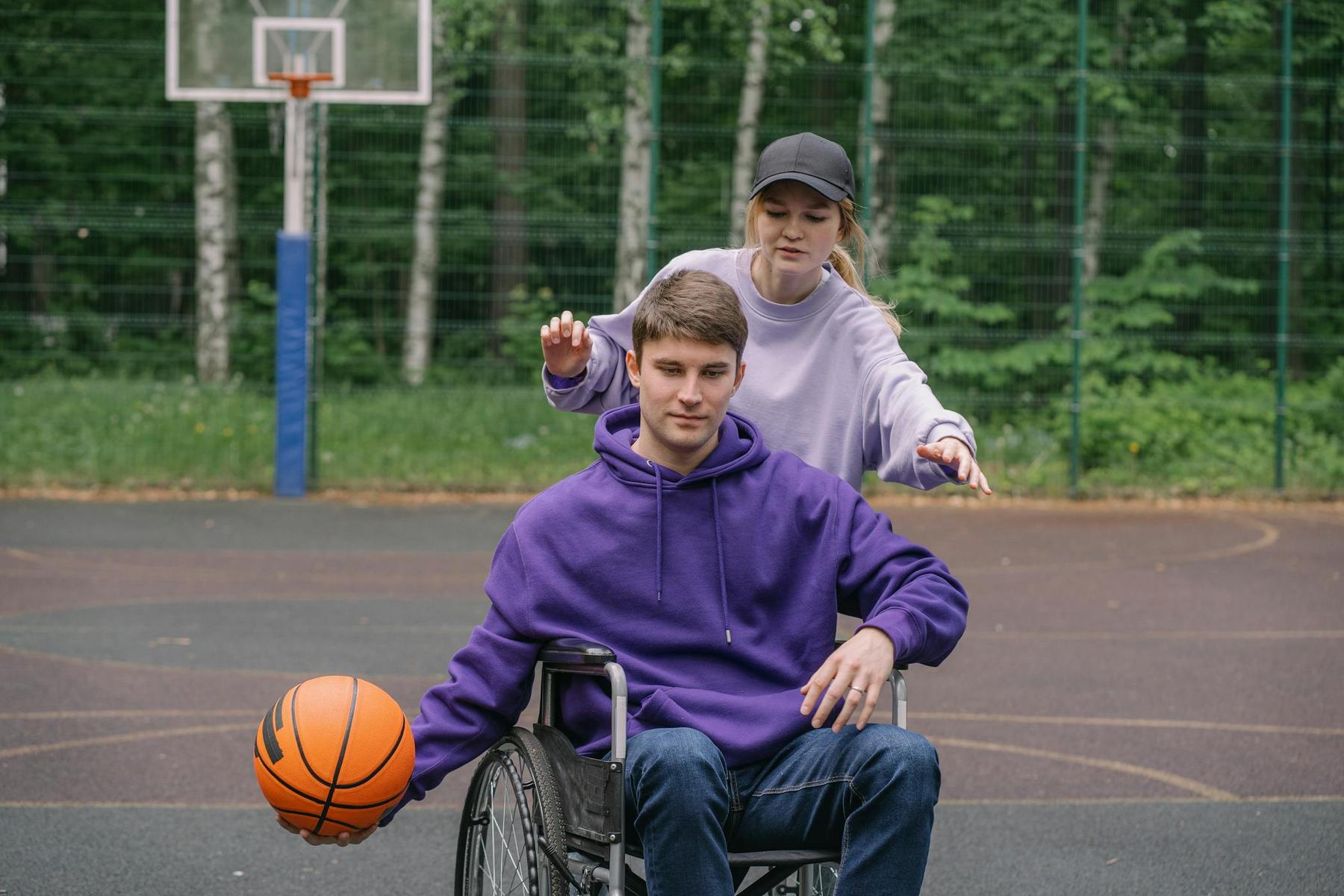Imagine standing at the threshold of university life, excitement mingling with uncertainty as you prepare to embark on your higher education journey. For young adults with disabilities, this pivotal moment carries additional layers of complexity, requiring careful navigation of support systems, accommodation processes, and the transition from familiar secondary school environments to the independence-focused world of tertiary education.
In Brisbane’s thriving university landscape, thousands of students with disabilities face this transformative period each year, yet many encounter unexpected challenges that can significantly impact their academic success and overall university experience. The statistics paint a concerning picture that demands attention and action. Students with disabilities experience retention rates of just 73.2% compared to 82.1% for their non-disabled peers, with disparities most pronounced in demanding fields such as engineering, where the gap reaches 19%. Even more troubling, 62% of students choose to conceal their disabilities due to fears of prejudice, particularly in competitive programmes such as medicine and law.
Brisbane’s major universities—including the University of Queensland, Griffith University, and Australian Catholic University—have developed sophisticated support infrastructures designed to address these challenges. Recent federal investment has quadrupled the Disability Support Fund to $40 million annually, creating unprecedented opportunities for enhanced support services. However, significant gaps remain in service coordination, self-advocacy skill development, and the integration of National Disability Insurance Scheme (NDIS) funding with university support systems.
What Disability Support Services Do Brisbane Universities Currently Offer?
Brisbane’s leading universities have established comprehensive disability support frameworks that encompass academic accommodations, assistive technology provision, and specialised transition planning services. The University of Queensland operates its Accessibility and Welfare services through trained advisors who support students with disabilities, mental health conditions, and other medical circumstances from the application stage through graduation. The institution’s innovative Neurodivergent Hub represents a progressive approach, supporting students who identify as neurodivergent without requiring formal diagnoses, thereby reducing barriers to support access.
Griffith University has developed one of Australia’s most comprehensive support models through its Student Disability and Accessibility services. It features eight Assistive Technology Labs across campuses equipped with screen-enlargement software, screen-reading software, voice-recognition technology, and specialised hardware including Braille embossers and document magnification resources. The university’s Deaf Student Support Programme, operational since 1985, provides Auslan interpreting, captioning services, alternative examination arrangements, and comprehensive assistive technology access.
Australian Catholic University maintains dedicated teams focused on supporting students with temporary or ongoing medical and mental health conditions, disabilities, or significant carer responsibilities. Its Access and Disability Service emphasises individualised support planning that addresses both academic needs and broader environmental factors impacting student success during the transition period.
How Does NDIS Integration Enhance University Transition Support?
The National Disability Insurance Scheme represents a transformative element in supporting young adults with disabilities transitioning to university life in Brisbane. NDIS funding can complement university support services through specialised equipment, assistive technology, and individualised services tailored to specific disability requirements. Key support categories include core supports for daily living and transport, capacity building supports for skill development and social participation, and capital supports for assistive technologies and home modifications. The transition from child to adult NDIS plans also introduces challenges that require development of decision-making skills and administrative competencies by students.
Griffith University has set an example by offering on-campus consultation services, where NDIS coordinators provide quarterly free consultations to help students understand, access, and optimize their NDIS plans in tandem with university accommodations.
What Are the Primary Academic and Social Challenges During University Transition?
The move from secondary to tertiary education poses challenges beyond academic coursework. Students with disabilities often face difficulties with traditional assessment methods, inadequate examination adjustments, and inaccessible e-learning platforms. Additionally, the shift from a highly structured environment supported by parental and teacher advocacy to one demanding greater independence creates significant hurdles. Social integration challenges, isolation, and stigma often compound these academic difficulties.
Financial and technology barriers, particularly for regional students, also impact the effective use of assistive technologies and online learning resources. Comprehensive accommodation planning and self-advocacy skills become essential for navigating these complex landscapes.
How Can Self-Advocacy Skills Be Developed for University Success?
Developing self-advocacy skills is crucial for successful university transitions. These skills include understanding personal strengths and challenges, knowing available rights and accommodations, and effectively communicating needs. Self-advocacy development should begin early, with many Brisbane universities offering workshops and personalised support programmes that focus on skill-building in areas such as accommodation rights and effective communication with faculty.
Innovative approaches like the creation of personalized “Strategies Suitcases”—toolkits that document individual strengths and necessary accommodations—further empower students to consistently articulate their needs and navigate their university environments independently.
What Technology and Accessibility Infrastructure Supports Student Success?
Technology and accessibility infrastructure play a vital role in supporting students with disabilities. Universities like Griffith offer comprehensive assistive technology labs equipped with screen readers, voice recognition software, Braille embossers, and specialized hardware. However, disparities in technology access—especially among regional students—underscore the need for robust online and financial support systems to ensure consistent access to digital resources and cloud-based solutions.
Recent enhancements to the Disability Support Fund have also aimed to address financial barriers by facilitating bulk IT licence purchases, thereby easing the economic burden on students needing assistive software.
Moving Forward: Building Inclusive University Communities
Despite significant progress, gaps remain in service coordination and the integration of support systems. Improved coordination between secondary education and university services, systematic self-advocacy training, and enhanced technology support are essential for fostering inclusive and successful academic experiences for students with disabilities. The ongoing integration of NDIS funding further underscores the need for collaborative, comprehensive support frameworks that empower young adults with disabilities to thrive in their university journeys.
What should I do if I’m starting university with a disability but haven’t accessed support services before?
Contact your university’s disability support services as early as possible, ideally during the application process or before the semester begins. Most Brisbane universities offer comprehensive orientation programmes for students with disabilities, and you don’t need formal diagnoses to access initial consultations. Services like the University of Queensland’s Neurodivergent Hub operate on self-identification principles, providing confidential assessments to determine the appropriate supports and accommodations for your needs.
How can NDIS funding help with my university studies, and who can assist with plan development?
NDIS funding supports university studies by providing capacity building supports for skill development, core supports for daily living and transport, and capital supports for assistive technology. Many Brisbane universities offer on-campus NDIS consultation services—such as those at Griffith University—where NDIS coordinators help you understand plan options, connect with suitable service providers, and coordinate your university accommodations effectively.
What technology support is available if I can’t afford expensive assistive software?
Brisbane universities provide robust technology support through campus assistive technology labs equipped with screen readers, voice recognition software, and specialised hardware. The recent enhancement of federal disability support funding has also enabled bulk IT licence purchases to reduce individual software costs. Additionally, universities often offer equipment loan programmes and training sessions, and can help explore funding options through NDIS or other support schemes.
How do I develop self-advocacy skills for managing university accommodations independently?
Developing self-advocacy skills is crucial for managing university accommodations. Most Brisbane universities offer workshops and programmes that teach you how to understand your accommodation rights, communicate your needs with faculty, and navigate support services. These sessions often include practical exercises, peer mentoring, and the creation of “Strategies Suitcases”—personalised toolkits that help articulate your requirements consistently.
What support is available for the social aspects of university life beyond academic accommodations?
In addition to academic support, Brisbane universities recognise the importance of social integration. They offer peer mentoring programmes, disability-focused social groups, and inclusive campus activities designed to help you connect with others. Orientation sessions specifically for students with disabilities and community-building initiatives further foster social support and participation in campus life.



